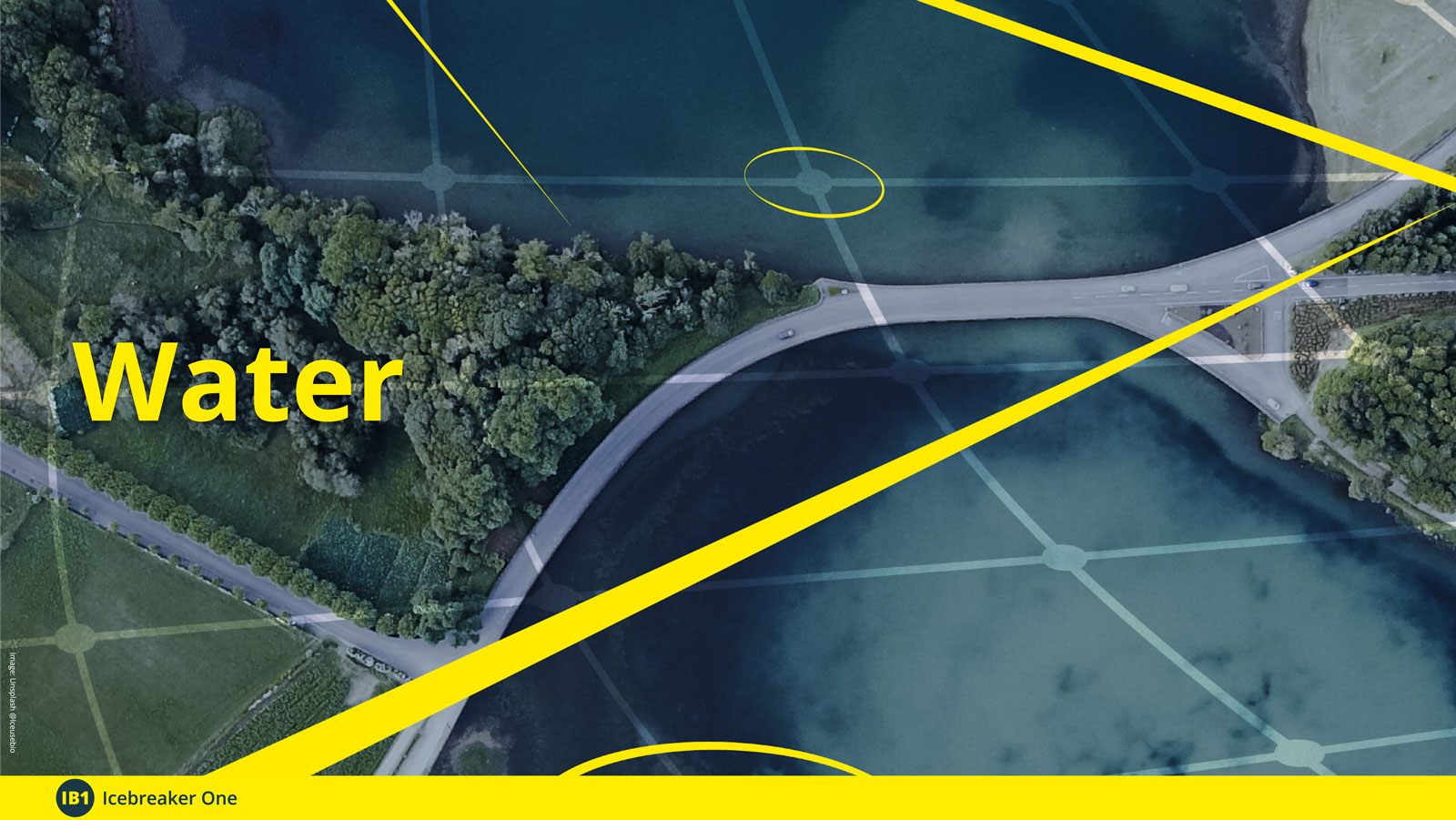Water is a vital part of the transition to net zero. (ref: WEF, Arup, Waterscan)
Trust in data is essential to this, and our Trust Framework approach can help drive open standards adoption and create assurable data flows between organisations.
Global perspective — watersheds as a foundational example
Icebreaker One supports the CEO Water Mandate (Founded in 2007 by the UN to advance corporate water stewardship) in its efforts to implement SDG6 and SDG 14, and by creating an ‘information repository’ (database) about the current and changing status of watersheds, from a water quantity, quality and access perspectives (e.g. number of people with access to clean water, sanitation, etc.). We also support the CEO Water Mandate Water Resilience Effort to develop catchment and watershed-level data on water quantity, quality and access. For example, this includes use-data but also precipitation, groundwater, storage and inter and intra-basin transfers. We further support the recent focus on advancing water quality, quantity and access in 100 basins facing high water stress through the Net Positive Water Impact (NPWI).
To enable this to scale with trusted data, we call on companies to publish their site/watershed-level data on water use, discharge and quality in a machine-readable and accessible manner.
As an example, for companies with data centres, publishing Water Usage Effectiveness (WUE), as defined by Green Grid (litres / kWh critical IT load), so data centres in similar locations can be compared to one another (even if they have different cooling technologies).
STREAM — UK-wide industry initiative, funded by the regulator, Ofwat

In 2020, the water industry was the first sector in the UK to commit to achieving net zero carbon emissions by 2030.
Icebreaker One is partnering with Stream, an Ofwat-funded initiative to help design and deliver the ‘network of data pipes’ to share datasets in an accessible, secure, and standardised way.
Further updates and links below:

